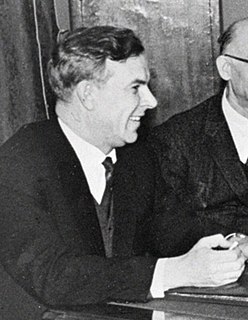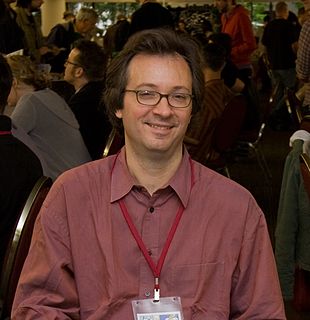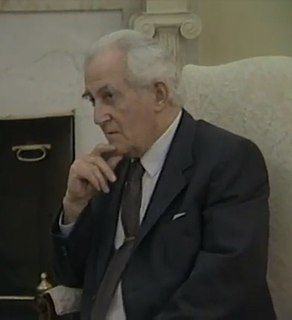A Quote by Tom Clancy
The KGB still killed people, the KGB would not execute its last prisoner until the final days of its existence in 1991, but by the eighties a termination required paperwork and signatures and a post-action review.
Related Quotes
KGB was inseparable part of the Soviet Union and the whole structure of the Soviet society. We believe that the achievements of the Soviet Union and of the Soviet society, it's main achievements until the split in 1991, it was at the same time the main achievements of the KGB, because it was working for the same cause.
What people don't seem to ever understand is that any infrastructure that exists under your regime, in your current government, will be appropriated and inherited by the next regime. I mean, the KGB came out of the NKVD which came out of the Tsarist version of the same thing. And now, the FSB operates out of the old KGB building in Moscow. The infrastructure remains exactly the same. There's a little bit of reshuffling of personnel, and that's it. The way to make sure that there's no FSB today would have been for the Tsar to not have built an infrastructure for it in the 1800s.
If Putin and those around him had been smart enough to go in a different direction... The country was ready. The conditions were extremely favorable - with oil prices as high as they were, it was possible to do anything. It was possible to solidify democracy. After the Yeltsin years people began to think that democracy is a disaster, that democracy equals misery. Putin got a lucky break - and he used it the KGB way. He turned out to be a wily KGB man, not a wise statesman.
Over the past years, I have lectured many times on the Cuban missile crisis, most provocatively to 200 senior officers of the former Soviet army in Moscow in 1991, among them KGB generals. There, my knowledge of Penkovsky's role was thoroughly confirmed, and so was the Soviet military men's residual sense of humiliation at Khrushchev's 'blink'.
When [Vladimir] Putin, a former lieutenant-colonel in the KGB, became Russia's president on December 31, 1999 - eight years after the failed coup attempt against (then Soviet leader Mikhail) Gorbachev, and eight years after the people had torn down the statue of Felix Dzerzhinsky, the hated founder of the KGB, in Moscow - it was admittedly a shock. Nevertheless, I decided to give Putin a chance. He seemed dynamic and capable of learning. But I had to bury my hopes after just a few months. He proved to be an autocrat - and, because the West let him do as he pleased, he became a dictator.






































